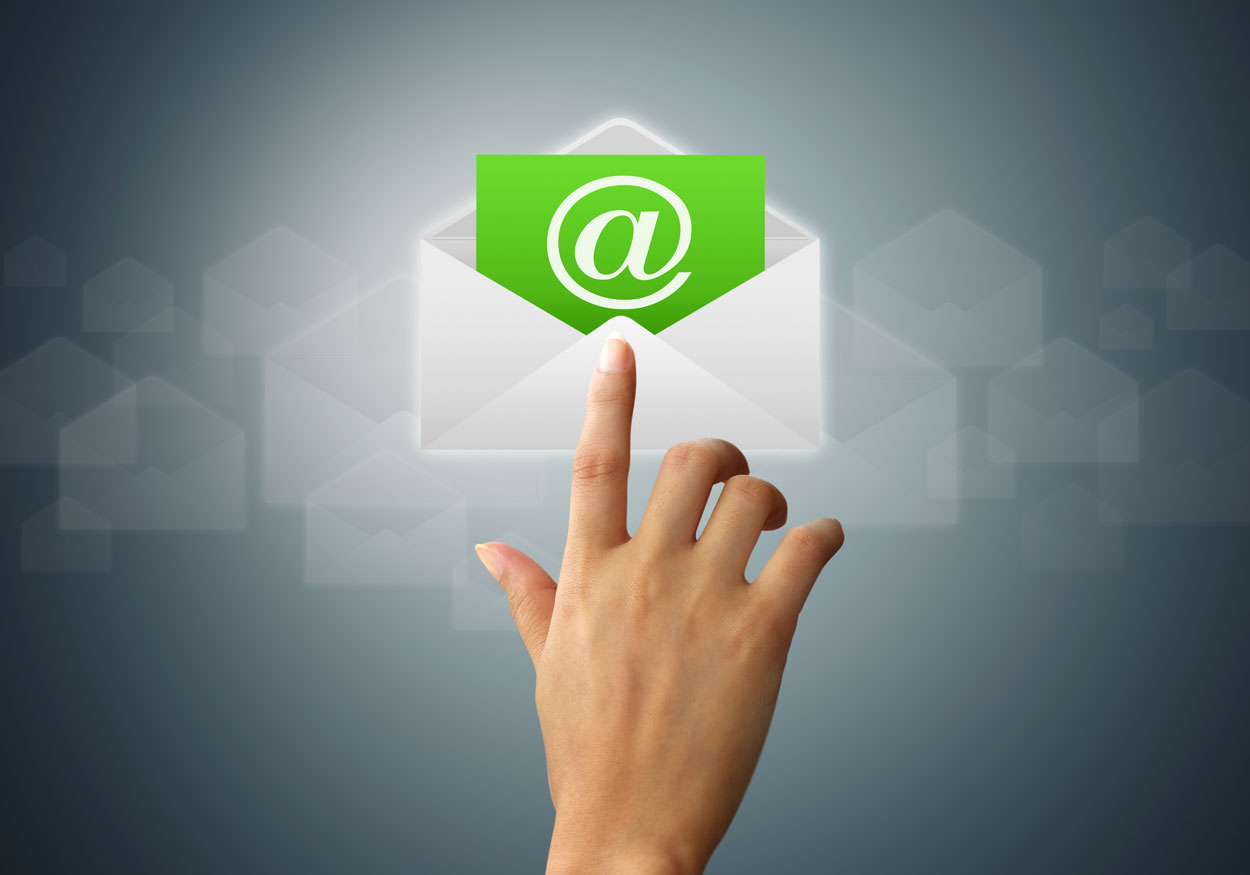Business and Workplace Email Etiquette

Emails have gradually become the most important tool of communication in offices all around the world. They not only allow a company to cut down on the paper cost, but also facilitate a timely action. Emails can be used to keep track of a particular matter, and also help in facilitating the feedback process, which has become so important for evaluation purposes.
Having said that, emails in offices cannot be as casual as our personal one, and certain etiquette need to be followed. The most important thing is to be polite, concise and precise. The office policies on emails vary, but should be adhered to strictly.
Instructions
-
1
Avoid dealing potentially explosive matters on email
In situations where there is a chance of verbal confrontation, it is better not to put the matter in writing. The wise thing will be to sort the thing out face to face, and if that is not possible a telephonic conversation will be the best bet. An example of what not to deal on emails is a situation in which the supervisor blames something on a sub-ordinate. -
2
Disciplinary Matters
In case of disciplinary matters, it is also better not to divulge the details through the emails. The medium should only be used once a decision has been reaches. All the other formalities should be handled on a personal level. -
3
Casual conversations
Office emails should not be used for gossiping and addressing issues which are of a trivial nature. -
4
Illegal conversations
Topics which reek of animosity, racism and gender bias should also be avoided. -
5
Love Relationships
Office emails are often very confidential with access to the users only. That however does not mean that employees use this medium to give vent to their love lives. Objectivity and purpose in email is a must. And then one should always stay clear of personal issues at workplace. -
6
Avoid divulging personal information
Use of signatures in office emails is a must in many organisations. While that is a good practise, every employee should try to disclose as little personal information in these signatures as possible. The details should only give information about the name, post and office telephone, if there is any. Under no circumstances should you divulge any details about your personal email, phone number and address.
This can create a lot of problem for an employee, given all the spam issues that occur. If that happens to be the case, your personal information might be used against you.







